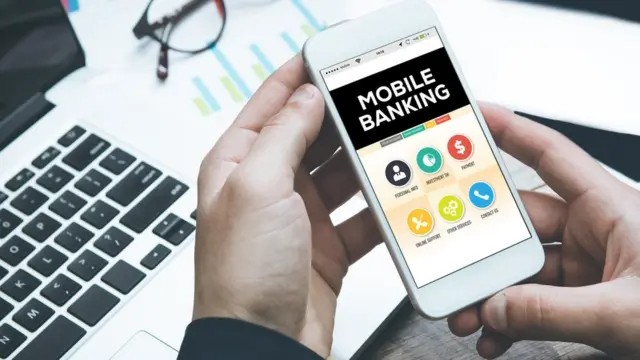- Most customers still use weak passwords or are unaware of phishing scams, which occur when someone receives a fake email or text message from scammers pretending to be a bank or payment platform, tricking individuals into giving out their sensitive personal and financial information, such as passwords and account details.
In today's digital world, most of us trust banks and mobile platforms with our hard-earned money and personal information. With the convenience of digital banking, transferring money, saving money, or making some business payments have become as easy as tapping a few buttons on our phones. But with the growing reports of current frauds and online thefts, we really need to ask ourselves: Is our money truly safe?
Banks have long been seen as the safest places to keep money since they have strong physical and digital security measures in place. They also have strict regulations and industrial standards, like insurance programs, that guarantee some level of protection for money deposited in banks. This means that if a bank fails, customers are often helped to get some of their money if not all. However, even well-protected and secured banks face risks like cyber-attacks.
These incidences on banks have since risen, as hackers see financial institutions as lucrative targets because of the large sums of money and personal information they hold. In recent years, banks have reported numerous data breaches exposing customers to identity theft and financial losses, and despite their efforts to strengthen security by investing in things like cyber security, banks struggle to keep up since hackers are constantly finding new ways to break in.
Mobile apps and payment platforms like PayPal and Cash app make transactions faster, easier, and more convenient. However, this convenience can come with risks since these platforms aren't as tightly regulated as traditional banks, which make them more vulnerable to fraud. The rapid adoption of mobile services has outpaced the security measures needed to protect users fully.
Most customers still use weak passwords or are unaware of phishing scams, which occur when someone receives a fake email or text message from scammers pretending to be a bank or payment platform, tricking individuals into giving out their sensitive personal and financial information, such as passwords and account details.
Read More
Education and awareness are important in dealing with the tactics that fraudsters use. Everyone needs to know and understand the signs of fraud and be careful. Additionally, as scammers become cleverer, it's hard for people to differentiate between genuine and fraudulent communication. If fraud occurs on a mobile platform, it can be hard for users to resolve it, leaving them without a clear avenue for support or compensation.
While banks and mobile platforms work really hard to keep our money safe, we also need to know how to safeguard and protect our finances.
Ways such as continuously monitoring our banks and mobile accounts for any unusual activities and reporting them immediately, avoiding clicking on emails and texts from unknown sources, especially if they ask for personal details, by using unique and strong passwords and also changing them from time to time and staying informed on security updates which help us take advantage of new protective features can greatly improve the security of our finances.
In an increasingly digital financial era, we can only keep our money safe if we all take part in protecting it since the safety of our money in these financial institutions is a joint responsibility. This institution must continue to improve its security measures, comply with regulatory standards, and be vigilant, while we must educate ourselves on potential risks by staying informed, being cautious, and adopting security practices.




-1772102940-md.jpg)


-1772090413-1772095461-md.jpg)


-1772102940-sm.jpg)

